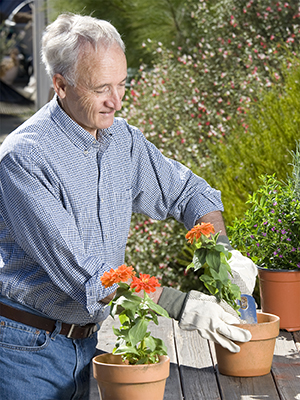Minor nail problems are common side effects of chemotherapy. These side effects occur because the treatment affects normal cells as well as cancer cells. The changes are usually temporary and go back to normal slowly after treatment ends. To manage these side effects, try the tips below.
Nail changes
Nail problems tend to be minor. In most cases, you can take care of them yourself. Don’t be surprised if your nails become:
-
Darkened
-
Brittle
-
Change in thickness and strength
-
Cracked
-
Marked with pits, ridges, vertical lines or bands, and spots
-
Detached from the skin or completely fall off
-
Slow growing
What you can do
If you have nail problems, be patient. Damaged nails can be repaired only with new growth, which is slow. Fingernails grow about 1/8 inch a month. Toenails grow about 1/24 inch a month. Until your nails grow back:
-
Keep them short and filed. Be careful when cutting around cuticles.
-
Don't wear tight shoes.
-
Talk with your healthcare provider before using nail strengtheners or seeing a manicurist.
-
Reduce the risk of infection. Wear gloves when washing dishes, gardening, or doing other work around the house.
-
Be careful when you cut your nails and cuticles. Check them daily for changes. Call your healthcare provider if your cuticles become red, swollen, or painful, or show other changes.
Featured in


